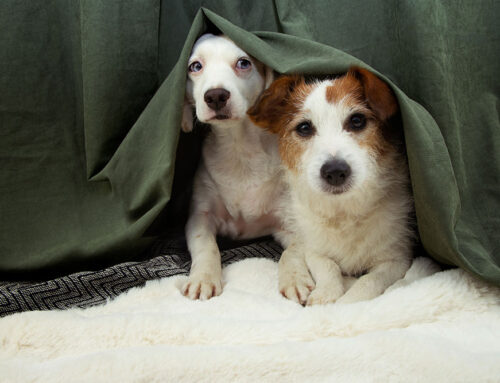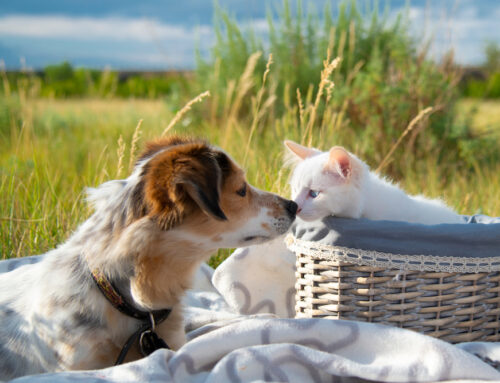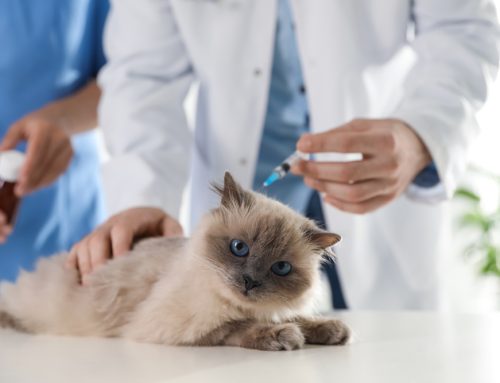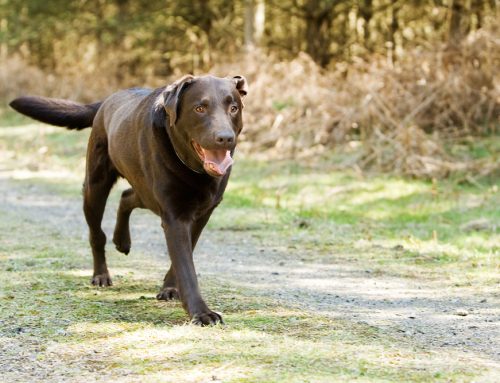Mast cell tumors (MCT) are a common skin tumor found in dogs. Mast cells are found in the body & play a role in the body’s response to inflammation & allergens. A MCT is a cancer that arises from mast cells.
MCT are less common in cats & typically occur in older dog but can be seen in dog as young as 3 months. Male & female dogs are affected equally. Certain dog breeds like Boxers, Boston Terriers, Bulldogs, Pit Bull Terriers, Weimaraners, & Rhodesian Ridgebacks are more prone to MCT.
Unfortunately, MCT don’t have a characteristic form. Their appearance can be big, small, firm, soft, raised, flat, covered with hair or ulcerated & can be found anywhere on the skin’s surface. An interesting feature is how they can quickly fluctuate in size. If you see a new lump, bump, or ulcerated lesion on your pet schedule a vet !
The only way to DIAGNOSE a MCT is by sampling the tumor with a vaccine for cellular analysis under a microscope= CYTOLOGY TEST. This is easy, quick, & well tolerated, can be done without sedation, & is the 1st step in tumor diagnosis! If your pet’s lump is cancerous your vet will recommend an appropriate treatment.
Since MCT are locally invasive & can metastasize/spread to other body parts, treatment involves wide surgical removal of the lesion & surrounding tissue. All tissue is sent to a lab for histopathology to ensure the tumor was removed completely & determine grade. Depending on the reported margins & grade (microscope appearance of the tumor) further therapy may involve additional surgery, chemotherapy, & radiation therapy.
The prognosis depends on the location, size of the lesion, surgical margins, whether it has spread (metastasized) & tumor grade. Your vet/oncologist will be able to give you a prognosis based on these factors. As with many diseases, early detection & removal of MCT increases the likelihood of successful treatment done
It’s important to realize that cancer is a reality for many senior pets. The key to fighting cancer is early detection, diagnosis, & action! Monitor all lumps & schedule a vet for any new lumps!







Leave A Comment